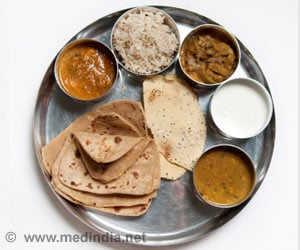Microbicides are a broad range of user-controlled products that would help women protect themselves from sexually transmitted diseases including AIDS
Microbicides are a broad range of user-controlled products that would help women protect themselves from sexually transmitted diseases including AIDS. It can be developed in any form that is convenient to use such as a gel, cream, film or suppository.
These microbicides will enable women to negotiate condom use or to abandon partners who put them at risk and would also help avoid unwanted pregnancies, according to experts. With such products coming up, women empowerment will acquire new meaning in Tamil Nadu in a few months’ time when the third phase of the clinical trials for at least three candidate microbicides will begin. The Indian Council of Medical Research (ICMR), a premier research institution, is already studying a product called “Praneem”.The existing violence, force and economic dependency render millions of women unable to negotiate condom use or abandon partners who put them at risk. This applies to all age group categories. Ultimately women end up with no choice but to give in. Furthermore, it is difficult to encourage male partners to use condoms.
There are currently no approved microbicides in large-scale use worldwide yet. In 2001, WHO declared nonoxylon-9 products, attempts of which turned out be a failure.
It is said that even 60 percent effective microbicides can prevent 2.5 million new HIV infections in the next three years, and this trial is important as the HIV vaccine is still 10 years away. Researchers world over are working on 60 products and half a dozen candidate microbicides are in the last stages of clinical trial, some in India.
In India, microbicide trials will be carried out by the ICMR in collaboration with an US research agency CONRAD, with which the central government has signed a MoU in 2004.
Source: Indo-Asian News Service





